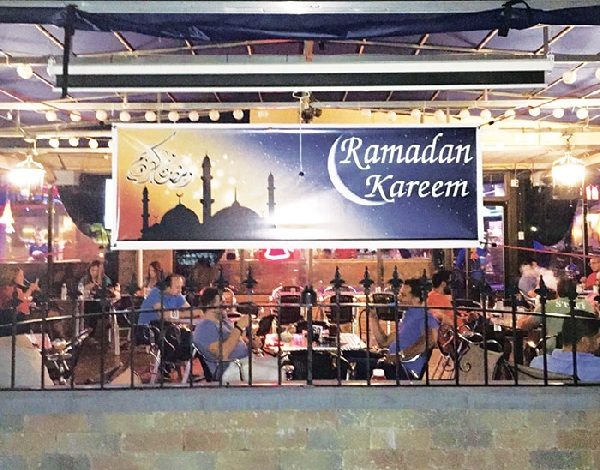
The nature of Southeast Michigan’s economy has changed over the past decades. Dearborn’s leaders do not seem interested in adjusting to the new realities.
Despite the partial recovery of the auto industry, carmakers can no longer sustain the region’s economy or operate as go-to employers. We live in a post-industrial, service-based economy.
In this context, Dearborn’s nightlife is a major economic drive for residents. The abundant restaurants, clubs, bars and hookah lounges make the city an attractive
destination.
City Hall should encourage such businesses. Instead, the City Council has been consistently putting up hurdles and over-regulating hookah bars, which have become a prominent feature of the Dearborn lifestyle.
The latest municipal crackdown on licensed hookah cafes is forcing them to close at 2 a.m.
The ordinance, which regulates hookah licensing, was passed unanimously by the City Council last year. The police started enforcing it rigorously last month.
It is unnecessary and bad for business.
The new rule holds hookah lounges to the same standards as bars that serve alcohol. There is no legal or logical justification for this treatment.
The state law, which mandates businesses stop selling alcohol at 2, mainly addresses the issue of drunk driving. Last call laws aim to prevent potential inebriated drivers from sharing the road with early morning commuters, including school buses.
Without alcohol, you don’t have this problem with hookah bars.
By forcing hookah establishments to close at 2, the city is practically banning customers from going there after midnight because a hookah is typically enjoyed for about two hours.
This bad law is already driving customers away from Dearborn to neighboring cities that do not have these draconian regulations.
The ordinance is also unfairly selective.
During a council meeting discussing extending the hours of operation until 4 a.m. during the month of Ramadan, a resident, who didn’t know that hookah bars have opened past 2 for years, complained that the cafes can be a nuisance to the neighborhoods.
It is true that hookah cafes draw large crowds, but so do other businesses.
Dearborn has 24/7 diners that attract post-bar drunken crowds that are usually loud. The city is not trying to force them to shut down at a certain time. Several coffee shops also operate around the clock.
Dearborn already has a noise ordinance that cops can use to quell businesses that host annoying, inconsiderate customers.
We do not condone smoking. It is bad for public health. The same politicians waging jihad against the hookah have not uttered a word about some of Michigan’s worst polluters in Dearborn’s Southend.
It is not the city’s job to tell residents how to live.
If a business and its patrons want to stay open and awake without harming anyone, the city should not shut them down.
Nuisance can be addressed on an individual basis, case by case, complaint by complaint.
Regardless of the City Council’s intentions, shutting down hookah lounges at 2 a.m. is damaging to the city’s economy. Several business owners have reported a decrease in customers. One said he is contemplating relocating his cafe outside of Dearborn.
The City Council granted the extension that would allow the cafes to open until 4 a.m. during Ramadan.
The decision is welcome, but the crackdown on hookah lounges is not a religious or a racial problem. First and foremost, it is an economic issue.






Leave a Reply